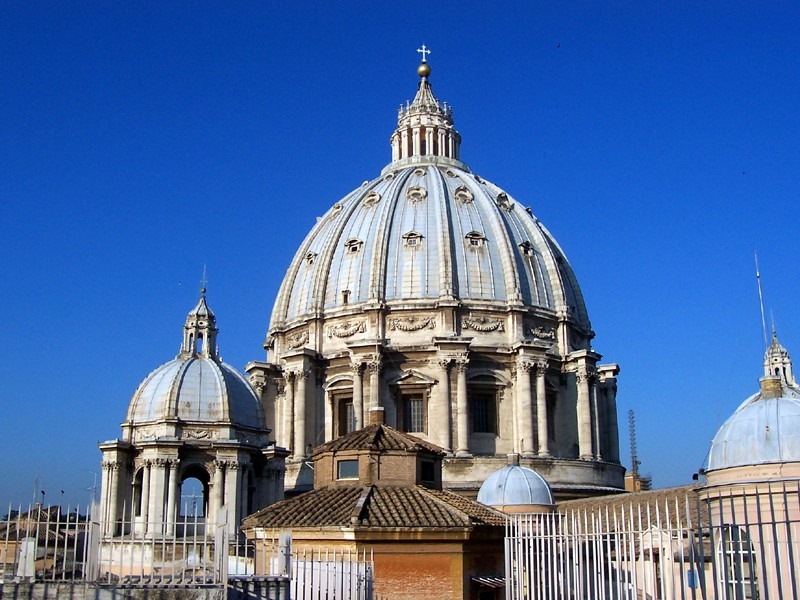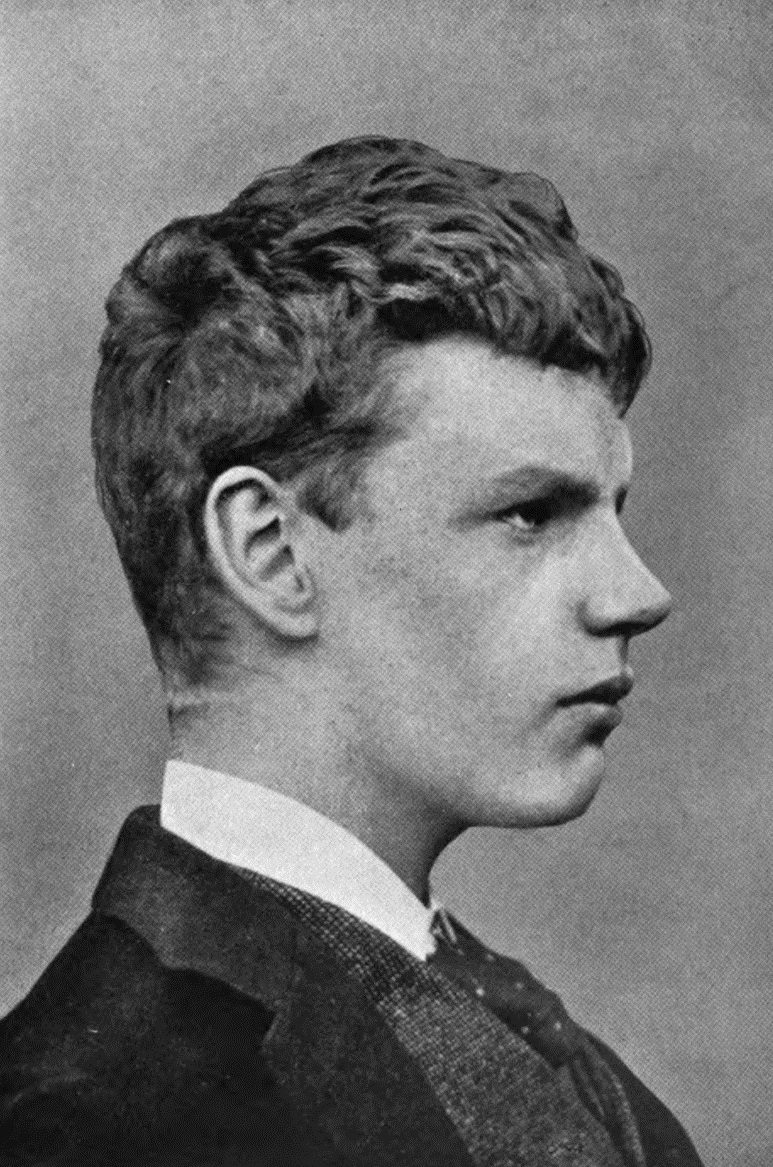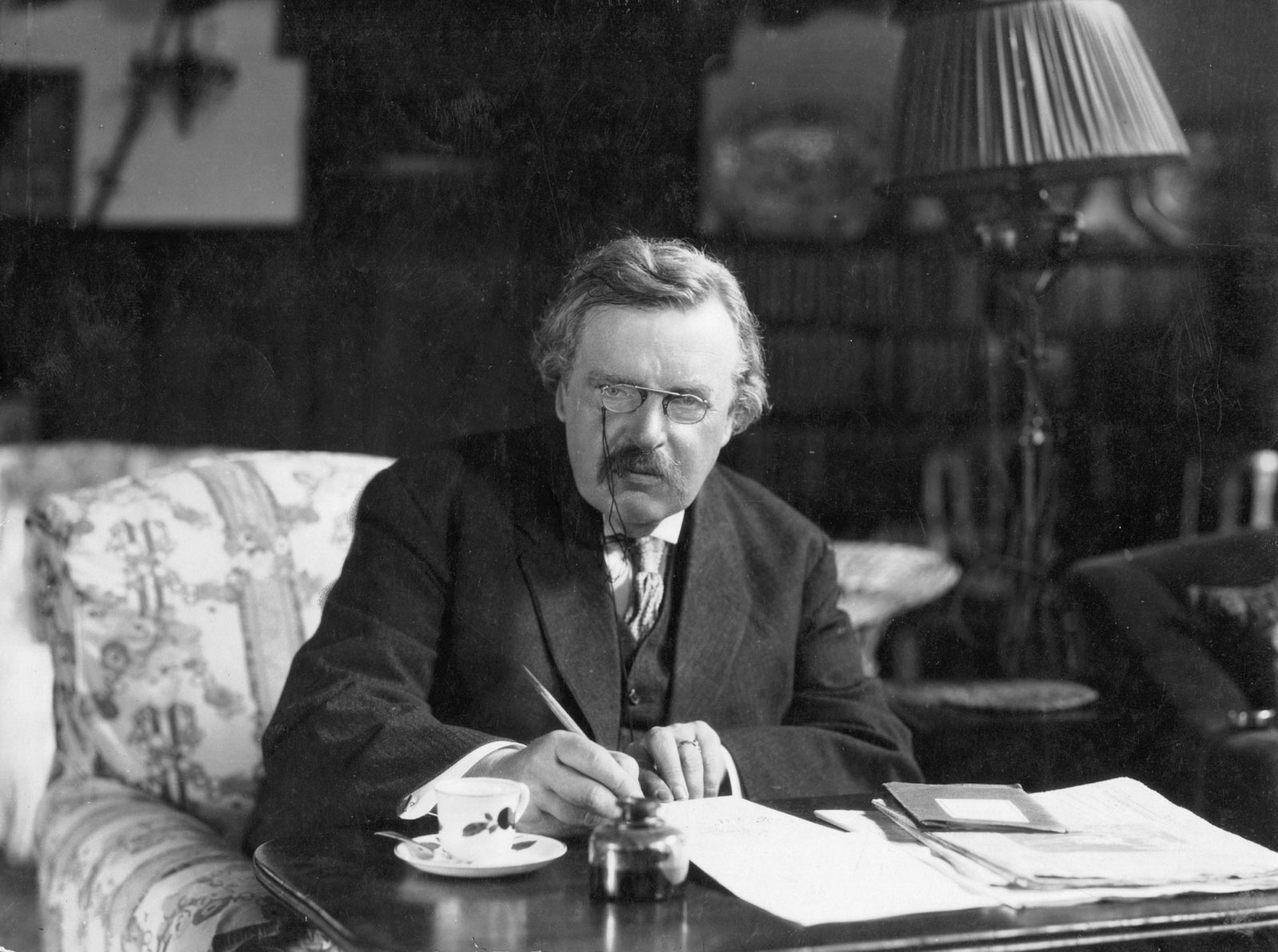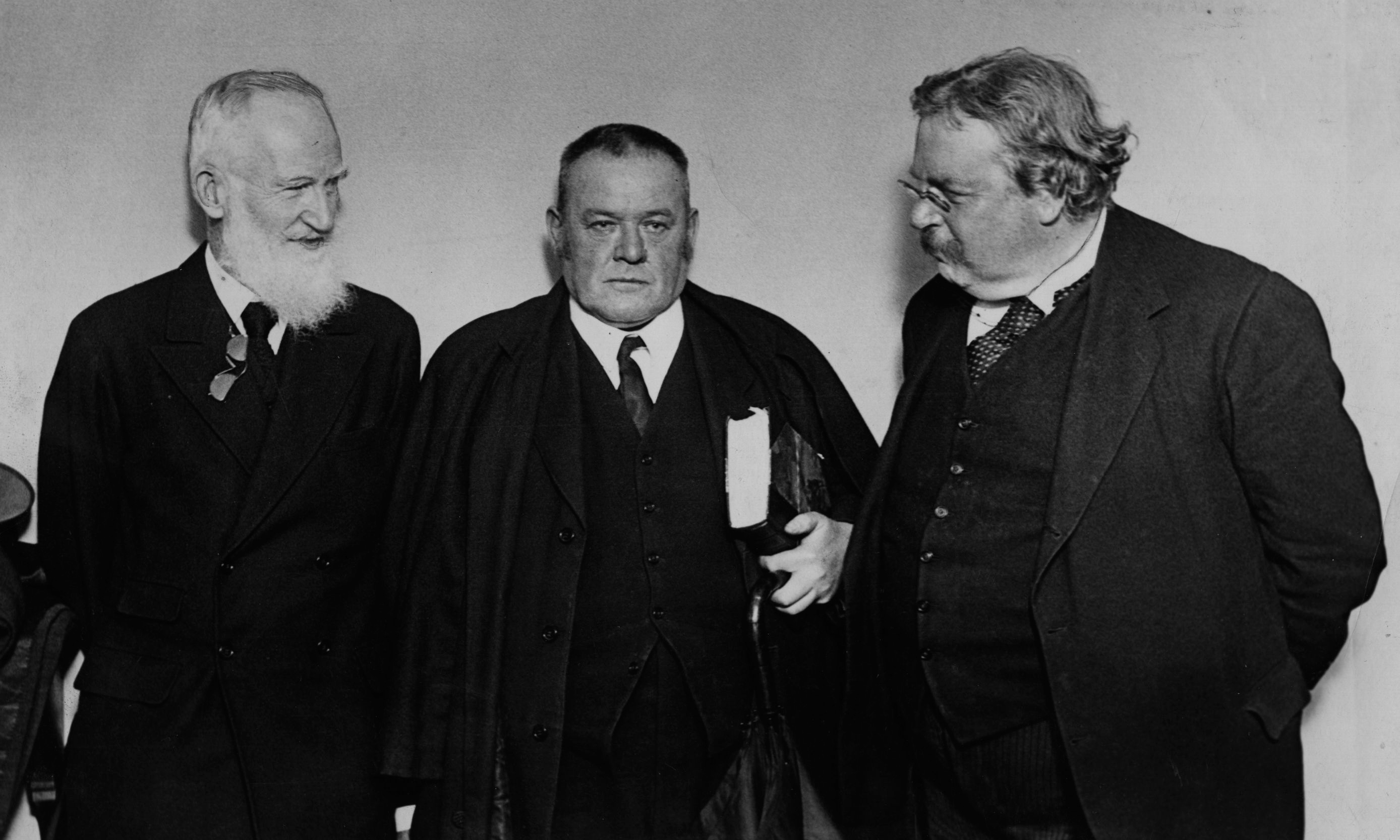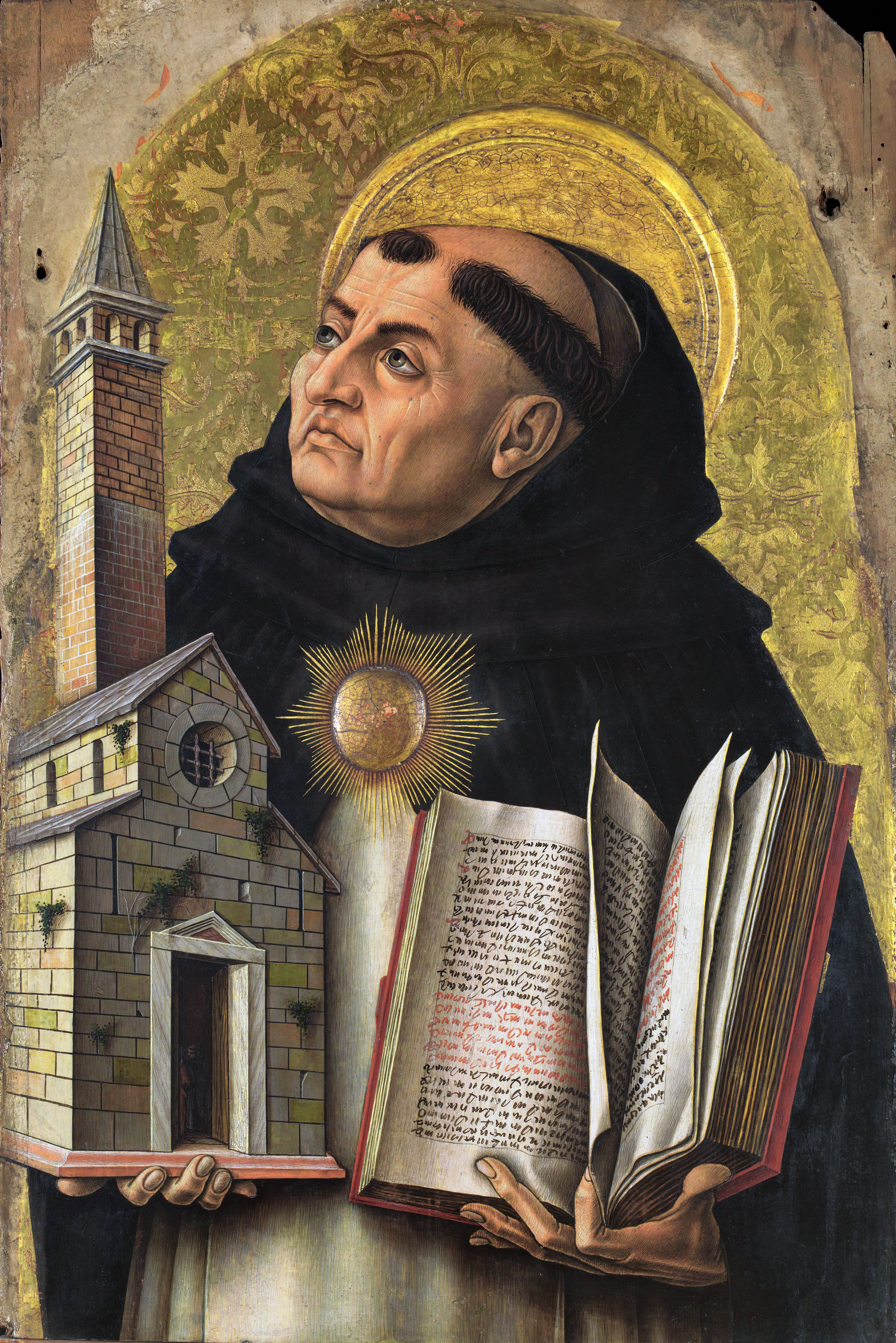Chesterton, G. K. 1874-1936
Enlarge text Shrink text- His The defendant ... 1902.
- His The Club of Queer Trades, 1905:t.p. (Gilbert K. Chesterton)
- His The wild knight and other poems, 1900:t.p. (Gilbert Chesterton)
- Belloc, H. The Great Inquiry (only authorized version), 1903:t.p. (G.K.C.)
- Arnaldez, R. Chesterton, c2001:t.p. (Chesterton) p. 10 (Gilbert Keith Chesterton, b. 1874 in London) p. 16 (d. 14 June 1936)
- Record enhanced with data from Bibliography of the Hebrew Book database
Gilbert Keith Chesterton (29 May 1874 – 14 June 1936) was an English author, philosopher, Christian apologist, and literary and art critic. Chesterton created the fictional priest-detective Father Brown, and wrote on apologetics, such as his works Orthodoxy and The Everlasting Man. Chesterton routinely referred to himself as an orthodox Christian, and came to identify this position more and more with Catholicism, eventually converting from high church Anglicanism. Biographers have identified him as a successor to such Victorian authors as Matthew Arnold, Thomas Carlyle, John Henry Newman and John Ruskin. He has been referred to as the "prince of paradox". Of his writing style, Time observed: "Whenever possible, Chesterton made his points with popular sayings, proverbs, allegories—first carefully turning them inside out." His writings were an influence on Jorge Luis Borges, who compared his work with that of Edgar Allan Poe.
Read more on Wikipedia >
 Personality
Personality



